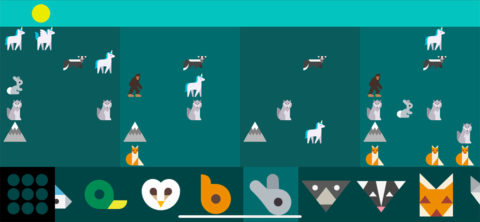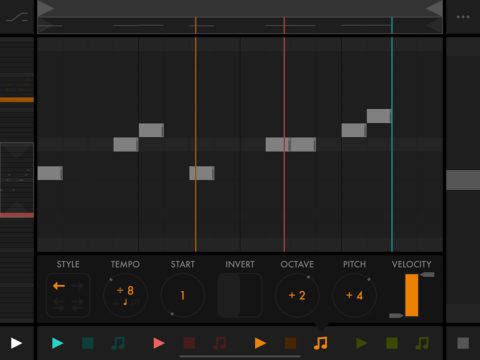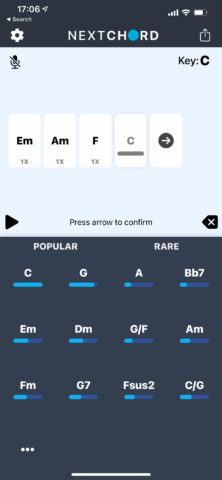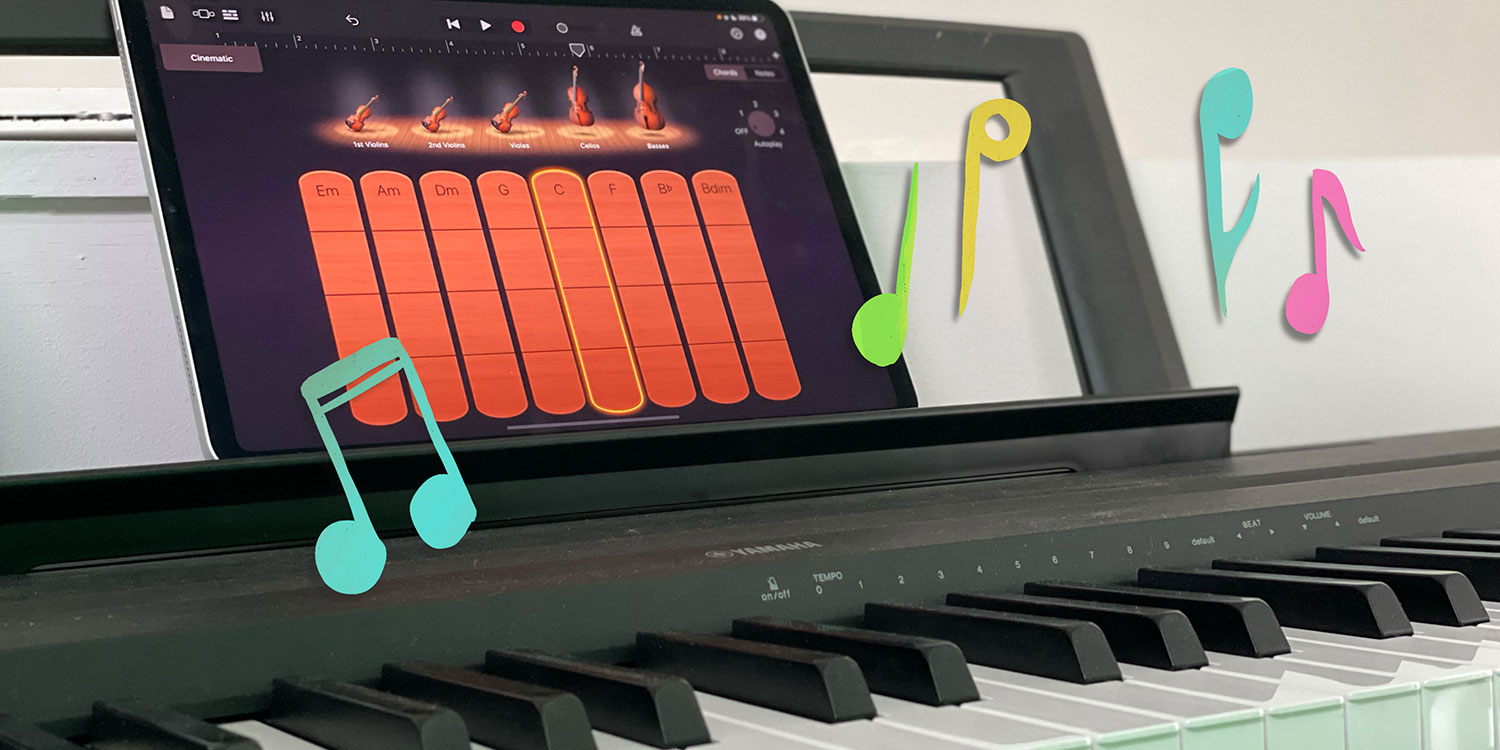Think you’ve got a hit single in you? It’s time to find out!
Recording studios were once the size of a large room and cost as much as a house. Now you’ve got one in your pocket. Every iPhone is powerful enough to run software that can let anybody make music.
However, great songwriters don’t go from nothing to topping the charts overnight. And despite what you might have heard, the ability to write amazing music is not innate – like anything else, it’s a skill that’s learned and honed over time.
Initial first steps are where many people get stuck, though, and so if you like the idea of making some noise – in a manner other people might like to hear – this article aims to get you started.
Learn to play
The first step for any songwriter is learning how to play – and we mean that in every sense. Whatever instrument you like the idea of working with, understanding the basics of chords, melodies, scales and harmony will help your songwriting. Apps like Yousician (free + IAP) can gamify the process of learning real-world instruments like guitar and synths. YouTube is a good starting point for music theory insight.

SoundForest
You’ll need to figure out the language behind music apps as well. Most are based around sequencers where you draw notes on a piano roll grid. These notes are subsequently triggered when a playhead moves over them. For young children (or the young of heart), toy-oriented sequencers like Bandimal ($4/£4) and SoundForest (free or $2/£2) can help them get to grips with the basics.
But perhaps the most important aspect of learning to play is found in a more literal sense of the word ‘play’. Whether you’re starting out or gaining confidence in your songwriting, never forget that many of the greatest songs ever written didn’t arrive by way of a strict, methodical approach. Instead, even the most seasoned veteran songwriters often spend time just messing around with an instrument, trying different things until something sounds good.
Start simple
By all means be ambitious regarding your eventual songwriting goals, but also be realistic about what you hope to achieve in the short-term. Do not expect to craft an album or even a single song right away. Try to limit your aspirations to something smaller.
Loops are a good bet. Rather than figuring out the intricacies of a piece of music that lasts several minutes, try crafting one that lasts for one or two bars. Depending on your inclination, you might begin with a drumbeat and then overlay other parts. Or you might happen upon a keyboard or guitar riff you can record and gradually add to.
Apple’s GarageBand (free) is loop-based and allows you to layer multiple instruments when fashioning a composition. However, other apps are arguably a better starting point, due to being simpler and more streamlined.

Fugue Machine
Fugue Machine ($5/£5) draws on classical music for inspiration, with a piano roll designed to ensure your notes are never discordant. Optional multiple playheads can have your notes play at multiple speeds and pitches, mirroring compositional techniques used by Bach. Figure (free) is instead geared towards modern electronic music, but similarly lets you build loops in little time, via an intuitive one-thumb interface.
Be mindful that these brief experiments can have value, even if they aren’t later expanded into full songs. For example, try turning the best ones into custom ringtones.
Use the right tools for you
Finally, as you get deeper into songwriting, seek out apps that align with your own approach to writing and your musical tastes. Get used to always saving ideas, so they’re never lost. This could be as simple as humming a melody into Voice Memos or jotting down lyrics in Notes. But there are superior specialist notepads for songwriters too, such as SongKit ($10/£10).

NextChord
When you need inspiration for a song or assistance regarding chords that work well together, try Tonaly ($6/£6). Elsewhere, NextChord (from free) and Suggester (from free) use, respectively, AI and classic progressions to help you build a song from a single starting chord.
Once you’re beyond loops and need an app for writing full songs, GarageBand is a solid option. Apple’s app is very capable and suitable for a wide range of songwriters, whether you want to record guitar through its virtual amps, experiment with smart instruments that let you play chords with a single finger, or drag and drop pre-canned loops to a timeline. Elsewhere, Korg Gadget ($40/£39) is ideal for electronic music, and sample sequencer Samplebot ($4/£4) and looper AudioKit L7 ($3/£3) both allow you to compose solely with found sounds recorded through your iPhone’s mic.
That should be enough to get you started. Always remember that songwriting should be fun, and so gravitate towards approaches and apps that keep it that way. Oh, and do think of us when you’re collecting that first Grammy.

